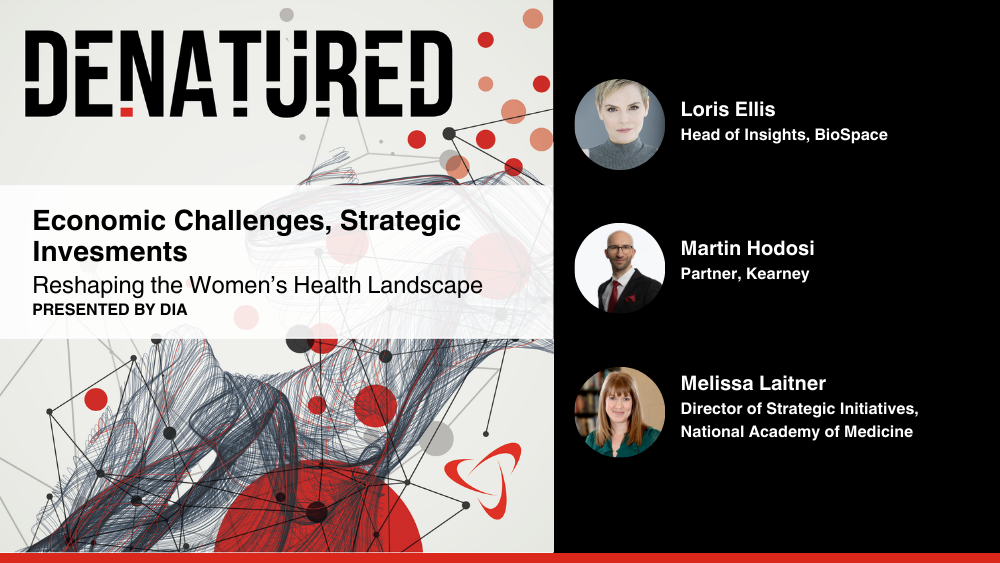Sangamo Therapeutics, Inc. (Nasdaq: SGMO), a genomic medicine company, announced today that the United Kingdom’s (UK) Medicines Healthcare Products Regulatory Agency (MHRA) has granted authorization of the first-in-human clinical trial to evaluate a Chimeric Antigen Receptor Regulatory T Cell (CAR-Treg) therapy
“Being the first company to test a CAR-Treg candidate in humans is an important milestone for Sangamo and this exciting new frontier of cellular therapy. We believe that the TX200 program will be invaluable in expanding our understanding of the safety and mechanism of action of CAR-Treg cells and their relevance in the clinic,” said Adrian Woolfson, BM, BCh, PhD, Head of Research and Development at Sangamo. “This innovative and personalized cellular therapy approach for HLA-A2 mismatched kidney transplantation is designed to help regulate the body’s immune system specifically and locally to promote acceptance of an immunologically mismatched donor organ. Beyond transplantation, we plan to explore the potential of CAR-Tregs in a range of autoimmune and inflammatory diseases.”
TX200 is an autologous (cells collected from the patient) HLA-A2-targeted CAR-Treg cell therapy. The patient’s regulatory T cells (Tregs), a type of white blood cell which plays a key role in regulating the immune response and inflammation, are collected and genetically engineered with a Chimeric Antigen Receptor (CAR) designed to bind to HLA-A2. HLA-A2 is a protein belonging to the human leukocyte antigen (HLA) system. Donor/recipient mismatch in HLA molecules is a primary contributor to organ transplant incompatibility and may ultimately lead to immune-mediated rejection of the transplanted organ. The recipient’s immune system can recognize this HLA-A2 mismatch and may attack the new kidney carrying the HLA-A2 protein, potentially leading to graft rejection.
TX200 HLA-A2 CAR-Treg cells are designed to accumulate and localize within the new kidney where the HLA‑A2 protein is present, thereby utilizing the ability of Tregs to suppress immune responses against the transplanted kidney. This approach aims to help the recipient’s immune system accept the new kidney and induce immunological tolerance, potentially allowing tapering and eventual elimination of accompanying standard-of-care immune suppressive treatments.
Kidney transplantation is the treatment of choice for patients with ESRD who must otherwise remain on long-term dialysis. To prevent graft rejection, transplanted patients are treated with lifelong immune suppressive therapy, which impacts the body’s immune system broadly and is associated with multiple side effects, including an increased risk of infectious complications, cancer, and other drug-related toxicities.
TX200, which has been developed in collaboration with Professor Megan Levings of the University of British Columbia1, entered Sangamo’s pipeline in 2018 as part of the acquisition of TxCell. Beyond kidney transplantation, Sangamo intends to use its zinc finger nuclease (ZFN) gene editing technology to develop next-generation autologous and allogeneic CAR-Treg cell therapies for use in treating autoimmune and inflammatory diseases.
About the STEADFAST study
The STEADFAST study is a multicenter, open-label, single ascending dose, dose-ranging Phase 1/2 study. Sangamo plans to run this study in five different countries in Europe: United Kingdom, France, Netherlands, Germany, and Belgium.
About Sangamo Therapeutics
Sangamo Therapeutics is committed to translating ground-breaking science into genomic medicines with the potential to transform patients’ lives using gene therapy, ex vivo gene-edited cell therapy, and in vivo genome editing and gene regulation. For more information about Sangamo, visit www.sangamo.com.
- JCI Insight. 2019;4(6):e123672. https://doi.org/10.1172/jci.insight.123672.
Forward Looking Statements
This press release contains forward-looking statements regarding Sangamo's current expectations. These forward-looking statements include, without limitation, statements regarding the potential benefits of cell therapy, including but not limited to Treg therapy, the Company's ability to develop and commercialize product candidates to address genetic diseases with the Company's proprietary technologies and the timing of commencement or next stages of such programs and the anticipated benefits therefrom. These statements are not guarantees of future performance and are subject to certain risks, uncertainties and assumptions that are difficult to predict. Factors that could cause actual results to differ include, but are not limited to, the outcomes of clinical trials, the uncertain regulatory approval process, uncertainties related to the execution of clinical trials and uncertainties that research outcomes will support clinical programs. Actual results may differ from those projected in forward-looking statements due to risks and uncertainties that exist in Sangamo's operations and business environments. These risks and uncertainties are described more fully in Sangamo's Annual Report on Form 10-K for the year ended December 31, 2018 as filed with the Securities and Exchange Commission on March 1, 2019 and Sangamo's Quarterly Report on Form 10-Q for the quarter ended September 30, 2019 that it filed on November 6, 2019. TX200 is an investigational product and has not been determined to be safe or efficacious by regulatory authorities. Forward-looking statements contained in this announcement are made as of this date, and Sangamo undertakes no duty to update such information except as required under applicable law.
View source version on businesswire.com: https://www.businesswire.com/news/home/20191119005346/en/
Contacts
Investor Relations – Global
McDavid Stilwell
510-970-6000, x219
mstilwell@sangamo.com
Media Inquiries – Global
Aron Feingold
510-970-6000, x421
afeingold@sangamo.com
Investor Relations and Media Inquiries – European Union & United Kingdom
Caroline Courme
33 4 97 21 27 27
ccourme@sangamo.com
Source: Sangamo Therapeutics, Inc.





